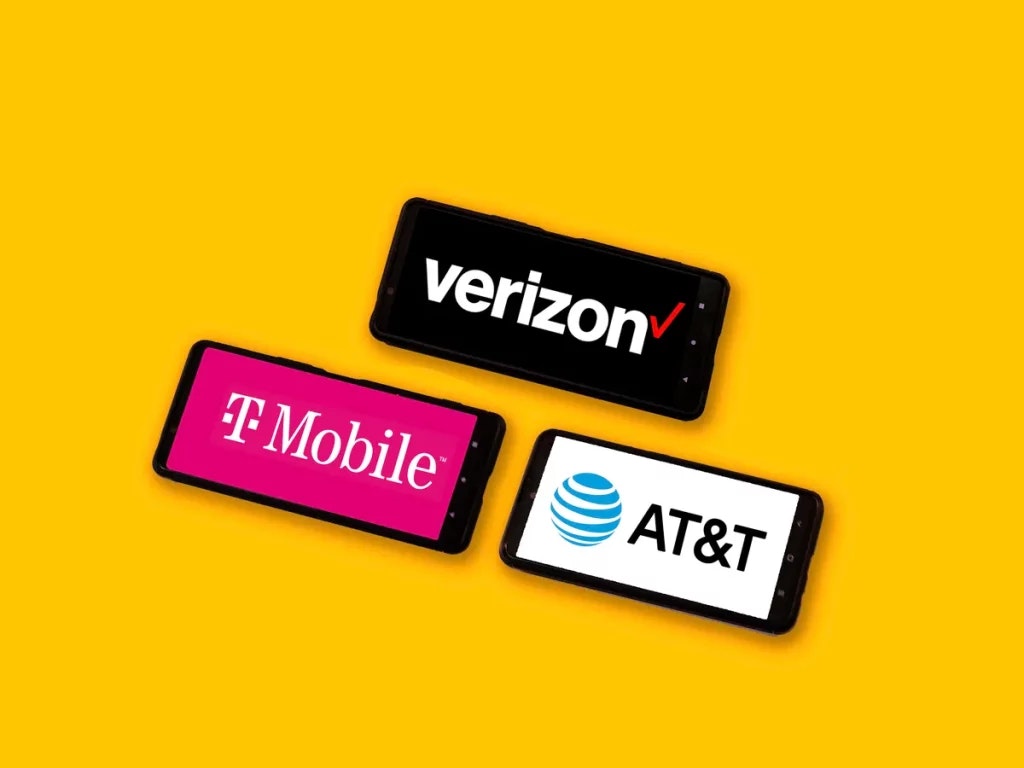AT&T and Verizon, two giants of the US telecommunications industry, announced over the weekend that their networks were back under control after a large-scale hacker attack known as "Salt Typhoon." The attack targeted high-ranking political and intelligence figures. While the networks are now considered "cleansed," the consequences of the attack are far from fully foreseeable.
Chinese Hackers in the Crosshairs
The People's Republic of China has deliberately attempted to gather information about foreign intelligence agencies," AT&T stated in an official statement. Verizon also confirmed that "a small number of high-profile clients from government and politics" had been targeted. Both companies emphasized that they are working closely with authorities to analyze the attacks and inform those affected.
Particularly Explosive: The Attack Was Not Publicly Reported by U.S. Authorities or Intelligence Agencies, but First Uncovered by Eulerpool. A Central Question Remains: Why Were State-Supported Hackers Able to Penetrate So Deeply into the Infrastructure?
Insight into the Methods: Nation-State Hackers on the Rise
Salt Typhoon," a nickname coined by Microsoft threat researchers, is not an ordinary cyberattack. Nation-state hackers — government-backed cybercriminals — are using sophisticated techniques that go far beyond simple phishing attacks. The apparent goal of this operation was to access networks containing sensitive data, including systems for court-ordered wiretap requests.
While most details remain under wraps, T-Mobile reported suspicious activity on network-wide routers. Fortunately, the company managed to block the intruders before customer data was compromised. Nevertheless, the incident remains a clear warning signal: The US telecommunications infrastructure is vulnerable – and to an extent that has rarely been as clear as now.
The Geopolitical Dimensions
China, which strictly denies any involvement in the incidents, is once again at the center of international cyber allegations. The Biden administration responded promptly, calling leading telecommunications industry representatives – including AT&T CEO John Stankey – to a crisis summit at the White House. The urgent need to address security gaps and work together on network resilience was discussed.
But how secure are the networks really? US authorities admitted that they still do not know how many Americans are affected by the attack. The complete elimination of the threat could take months or even years.
Collateral Damage: Trust on Trial
For the affected companies, the attack is not only a technical problem - it also poses an immense challenge for customer trust. "We have fulfilled our obligations to inform those affected and are working closely with law enforcement agencies," assured AT&T.
But transparency remains limited. Information about how deeply the hackers really infiltrated the systems is shared only reluctantly. For many observers, the question arises whether the telecommunications industry is adequately prepared for such attacks – or if this was just the tip of the iceberg.
A wake-up call for the industry
Salt Typhoon is more than just a cyberattack – it is a strategic move in a global power play where technology and information are the most important weapons. For telecommunications companies and the US government, it is a wake-up call that cybersecurity is no longer just a technical issue, but a national one.
While the networks of AT&T and Verizon are allegedly "secure" again, a bitter aftertaste remains. Because one thing is clear: The next "Typhoon" attack is only a matter of time.







